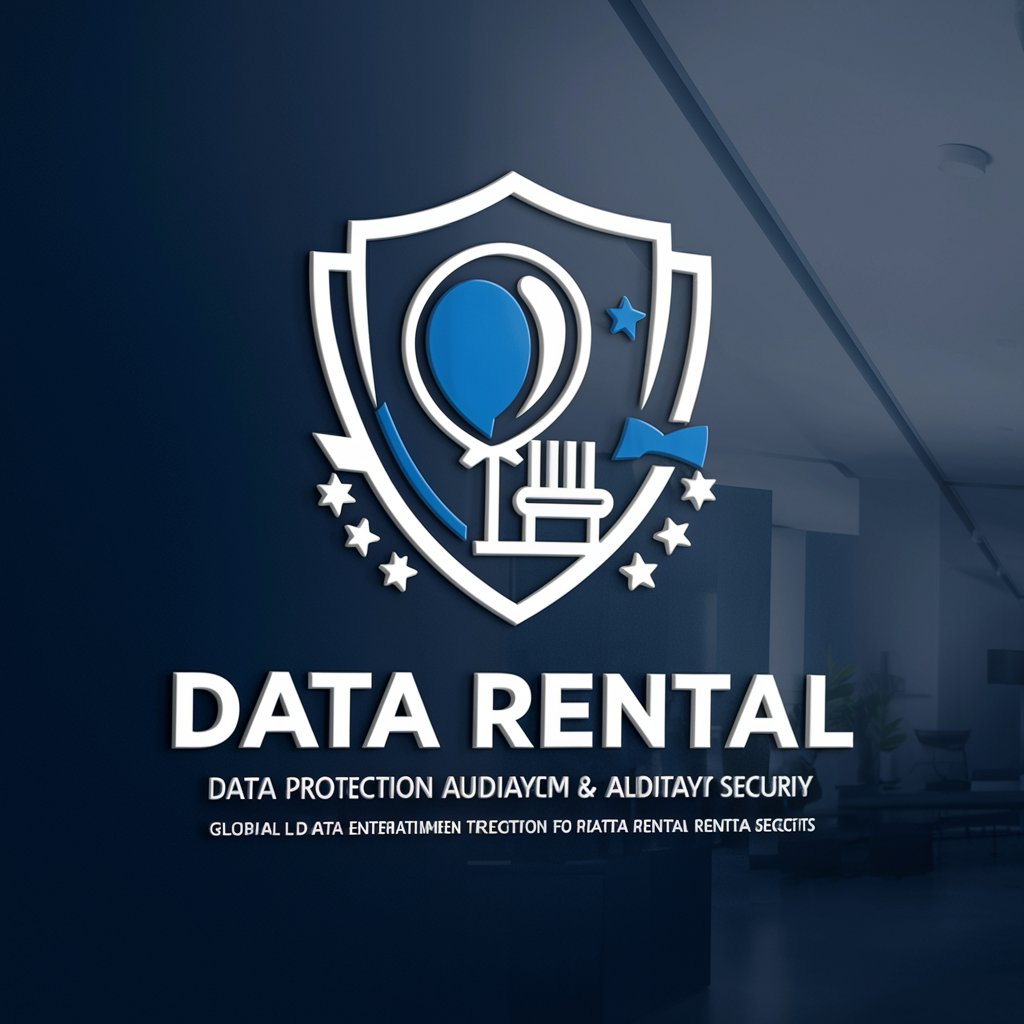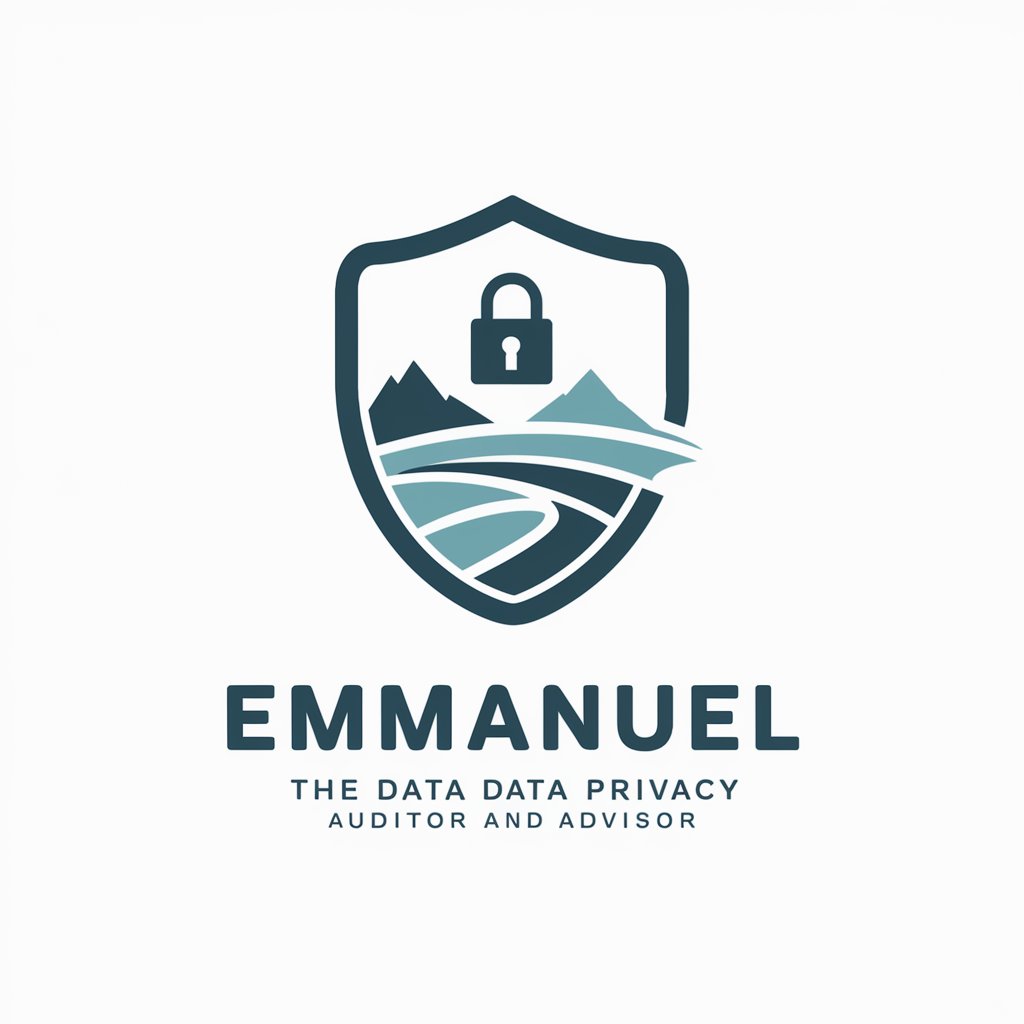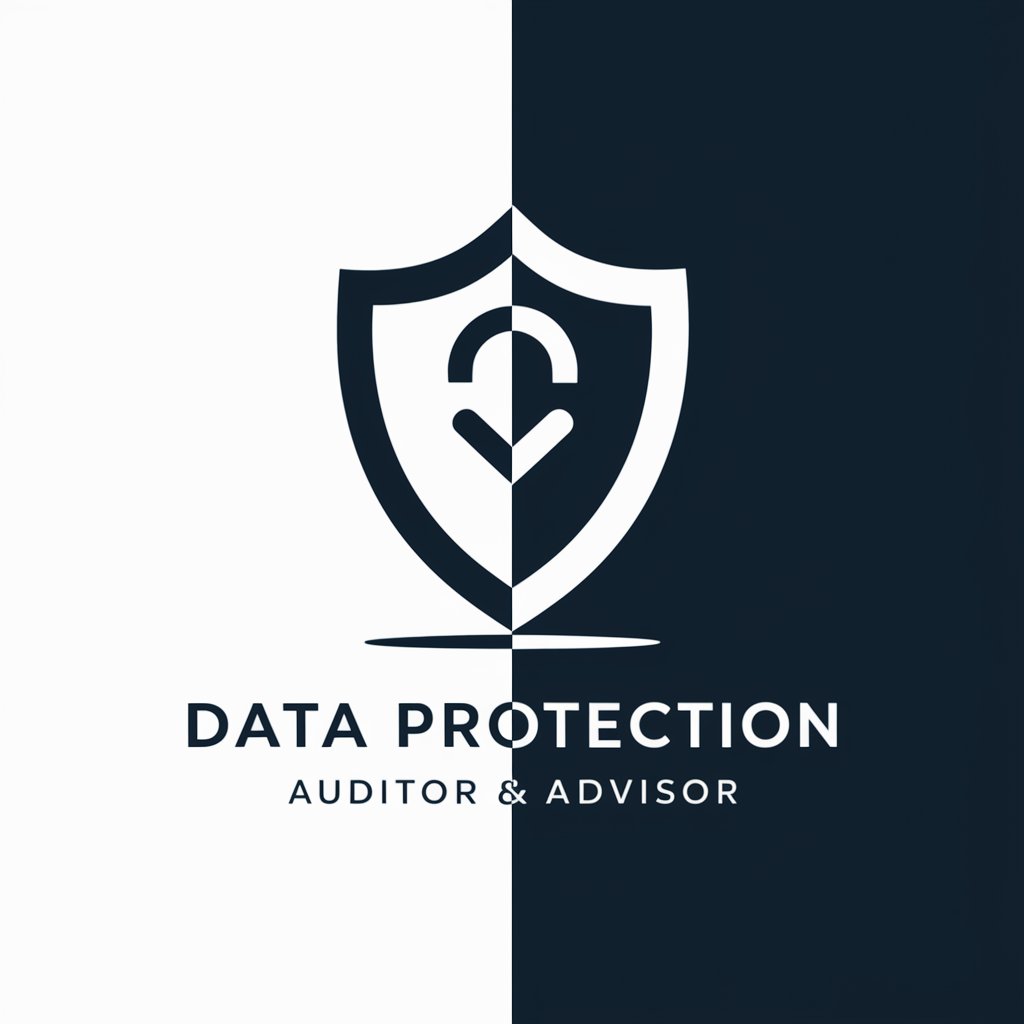
👑 Data Privacy for Environmental Organizations 👑 - Data Privacy Support
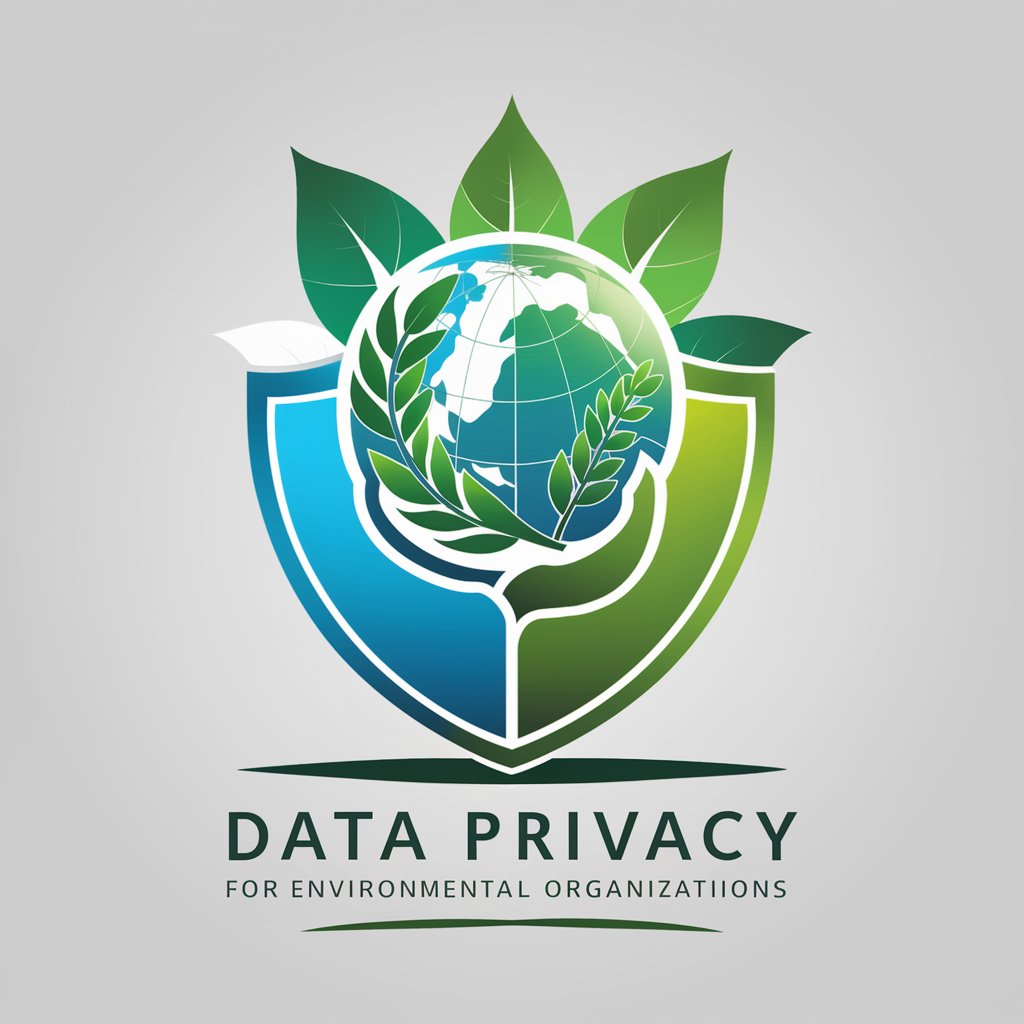
Hello! I'm Emmanuel, here to help with your data privacy queries.
Empowering Environmental Protection with AI-driven Data Privacy
Can you explain the implications of data privacy regulations for environmental organizations?
What steps should a conservation group take to comply with GDPR?
How can data anonymization benefit environmental research?
What are the key considerations for data security in environmental activism?
Get Embed Code
Data Privacy for Environmental Organizations
As a Data Protection Auditor and advisor, my primary role is to ensure that environmental and conservation organizations manage their sensitive data in compliance with global data privacy regulations like the GDPR, APP, CCPA, and others. These organizations often handle data related to research, donors, and activism, which requires stringent data protection measures. Through expert advice, compliance strategies, and interpretation of regulatory clauses, I help these entities navigate the complex landscape of data privacy, ensuring their operations are both effective and compliant. An example scenario could involve advising an organization on how to securely process data collected during field research, ensuring it meets GDPR requirements for data minimization and consent. Powered by ChatGPT-4o。

Core Functions and Real-World Applications
Regulatory Compliance Advice
Example
Interpreting GDPR clauses for a wildlife conservation group collecting sensitive species data.
Scenario
Helping the group implement a consent management system for their data collection processes, ensuring that they comply with GDPR's requirements for explicit consent.
Compliance Strategy Development
Example
Creating a data protection impact assessment (DPIA) template for an environmental research institute.
Scenario
Guiding the institute through the DPIA process to evaluate and mitigate risks associated with processing environmental data, in alignment with GDPR's risk assessment requirements.
Identification of Compliance Issues
Example
Assessing the data retention policies of a donor-funded conservation project.
Scenario
Identifying potential compliance issues with CCPA's data minimization and retention requirements and recommending adjustments to align with best practices.
Target User Groups for Data Privacy Services
Environmental Research Institutes
Institutions conducting environmental research that involves collecting, processing, and storing sensitive data would benefit from services to ensure their activities comply with international data protection laws, protecting both their research subjects and their organization's reputation.
Conservation Projects and NGOs
Non-governmental organizations and conservation projects working on the ground to protect ecosystems and species often gather personal data from donors, volunteers, and communities. These groups need to manage this data responsibly to maintain trust and comply with legal obligations.

Guidelines for Utilizing Data Privacy for Environmental Organizations
1
Visit yeschat.ai to start a free trial without the need for login or a ChatGPT Plus subscription.
2
Familiarize yourself with data protection regulations relevant to your region (e.g., GDPR, CCPA) to understand the compliance landscape.
3
Identify and categorize the types of data your organization collects, processes, and stores, focusing on sensitive environmental data and personal information.
4
Apply data minimization and security measures, such as encryption and access controls, to protect stored data from unauthorized access or breaches.
5
Review and update your data privacy policies regularly, ensuring they are transparent and comply with current regulations. Engage stakeholders in data privacy conversations.
Try other advanced and practical GPTs
Dog Wash
Streamlining Pet Grooming with AI
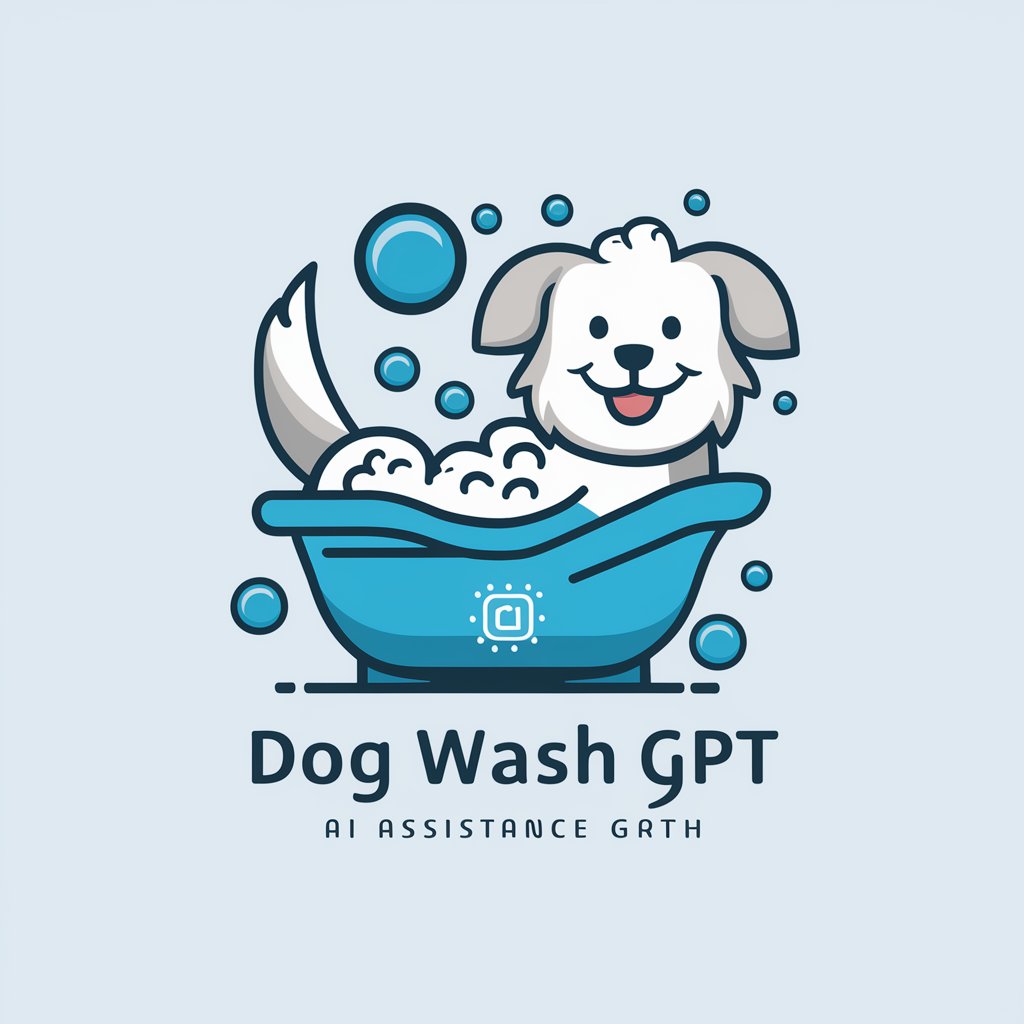
i2p
Empower Your Creativity with AI

ScriptVid Creator
Crafting Your Ideas Into Scripts with AI

Safetech Image Assistant
Empowering visuals with AI creativity

Customer Ranker
Decipher customer value with AI precision.

CBT Therapist
Empowering Mental Wellness with AI

Are you sure you believe that?
Challenge Your Beliefs with AI

The best Negotation bot
AI-Powered Negotiation Strategy Assistant

Principles of Economics 3e
Empowering economic understanding with AI

Domain Name Generator
AI-powered global domain name creation

The Listener
Empowering decisions with AI insight
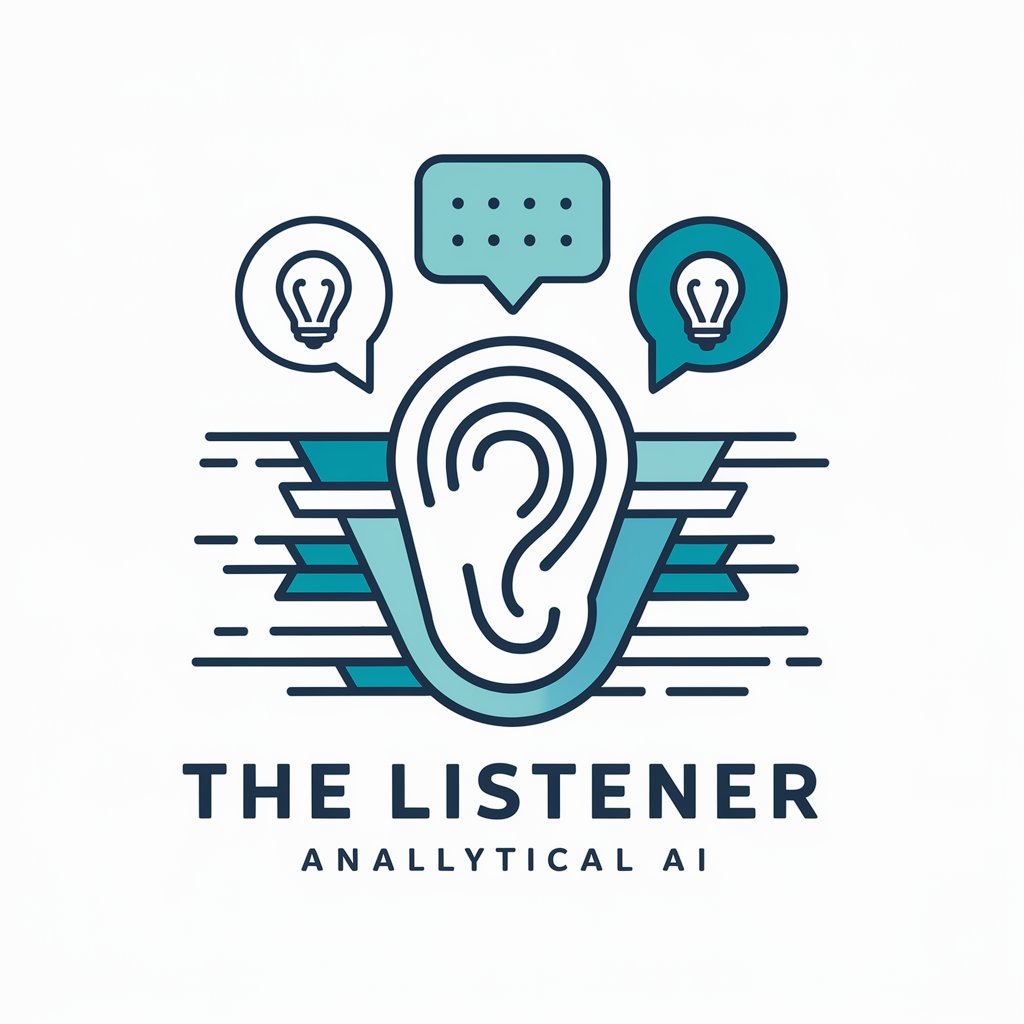
SynthAI Research
Empowering research with AI expertise
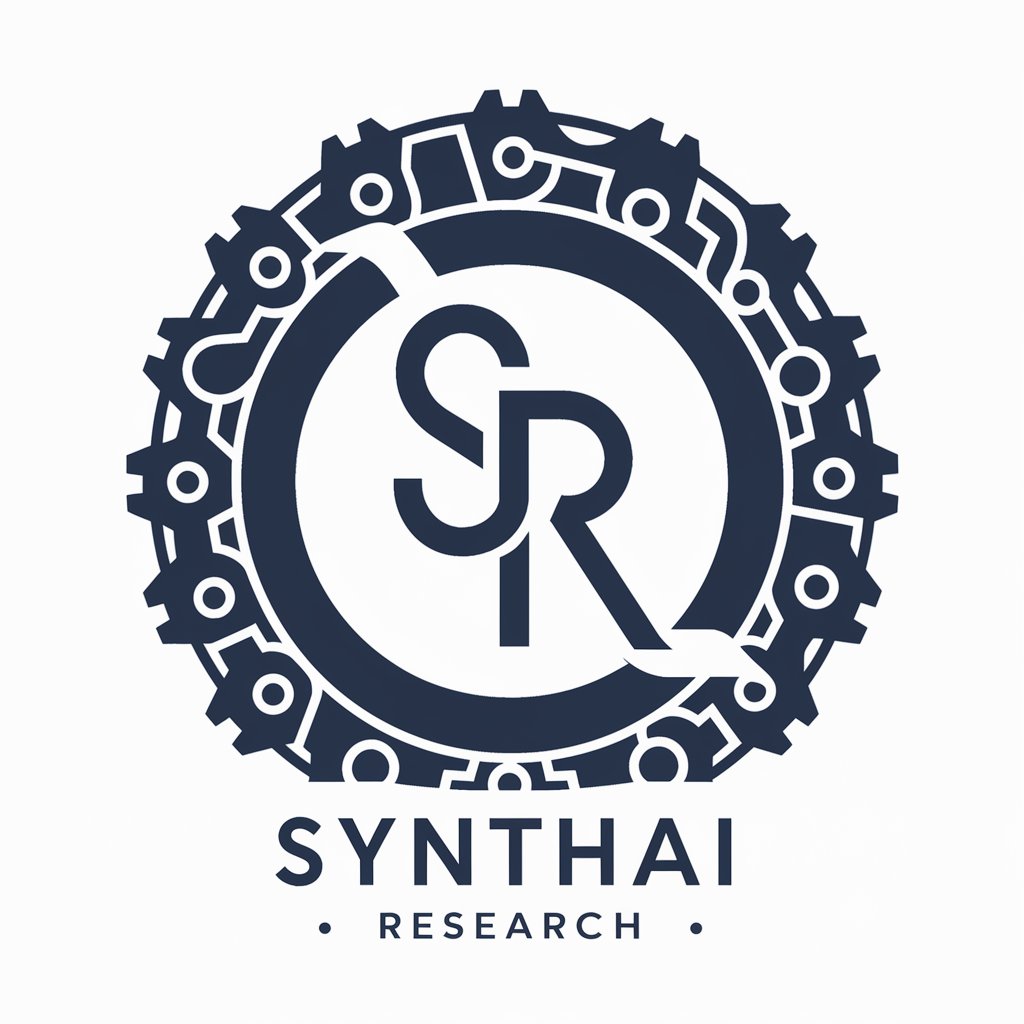
Frequently Asked Questions about Data Privacy for Environmental Organizations
What is Data Privacy for Environmental Organizations?
It's a set of practices aimed at ensuring the responsible collection, storage, and use of data within environmental and conservation organizations, adhering to global data privacy regulations.
Why is data privacy important for environmental organizations?
Data privacy ensures the protection of sensitive information, builds trust with donors and stakeholders, and complies with legal obligations, safeguarding both the organization and the data subjects.
How can environmental organizations ensure compliance with GDPR?
Organizations can ensure compliance by understanding GDPR requirements, conducting data protection impact assessments, obtaining clear consent for data processing, and implementing robust data security measures.
What steps should be taken in case of a data breach?
Immediately contain the breach, assess the impact, notify the relevant data protection authority and affected individuals if necessary, and take measures to prevent future incidents.
Can environmental data be shared internationally?
Yes, but it must comply with international data transfer requirements under GDPR or similar regulations, ensuring adequate protection of personal data when transferred outside the EU.
